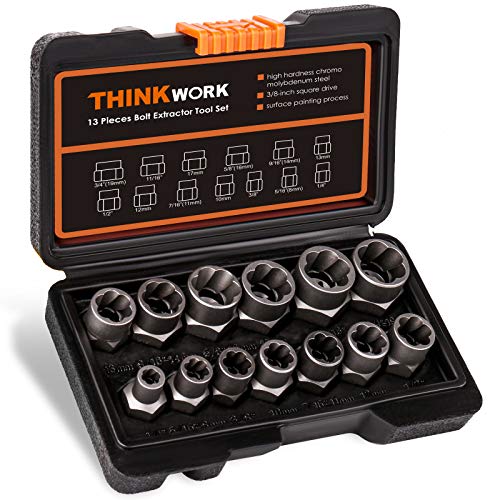Ok so my question is on which manner to process the different types of jewelry. Basically hot distilled nitric or sulfuric cell or some other method I'm unaware of.
Type I typically run across are
Karat - this one is pretty clear just added cause I put this thread in beginners so maybe inquarting might be explained (again lol)
Gold filled - i do hot distilled nitric on G.F. myself not sure if there is another method
H.G.E - this one i have been throwing in with GF given it's heavy plated but not sure if sulfuric cell would work better
Plated- i have just been collecting this type mostly. With hopes to start a sulfur cell at some point. Not sure I'm feeling confident enough to mess with it tho. Nitric has must lower harzard I'm told. So if nitric is the only other method then I throw it in with GF.
Well i know it looks like I answered my own question but I'm looking for new information not what I already do. If anyone would like to provide best/easiest/cost effective methods.
Type I typically run across are
Karat - this one is pretty clear just added cause I put this thread in beginners so maybe inquarting might be explained (again lol)
Gold filled - i do hot distilled nitric on G.F. myself not sure if there is another method
H.G.E - this one i have been throwing in with GF given it's heavy plated but not sure if sulfuric cell would work better
Plated- i have just been collecting this type mostly. With hopes to start a sulfur cell at some point. Not sure I'm feeling confident enough to mess with it tho. Nitric has must lower harzard I'm told. So if nitric is the only other method then I throw it in with GF.
Well i know it looks like I answered my own question but I'm looking for new information not what I already do. If anyone would like to provide best/easiest/cost effective methods.









































































